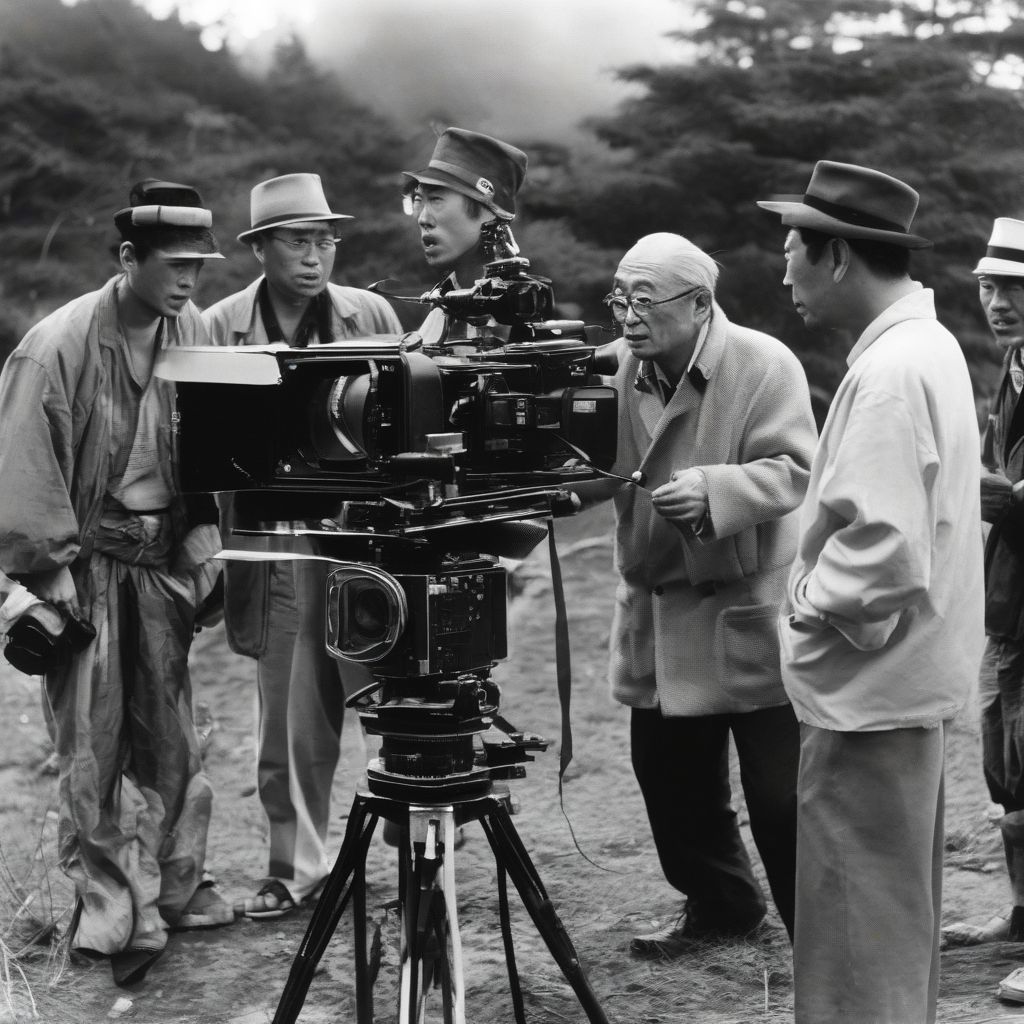Have you ever watched a classic foreign film and felt like you only scratched the surface of its brilliance? You’re not alone. Reviewing international masterpieces of classic cinema requires a deeper dive than simply enjoying the plot. It’s about understanding the cultural context, appreciating the artistic choices, and dissecting the film’s impact on cinema history. This guide will equip you with the tools and knowledge to confidently analyze and review these cinematic gems.
Understanding the Context: More Than Just Subtitles
Before you even press play, research the film’s historical and cultural backdrop.
Time and Place:
- Historical events: Was the film made during a war, a social movement, or a period of significant political change? How did these events influence the film’s themes and characters?
- Cultural norms: What were the social values, beliefs, and traditions prevalent during the film’s production? How do these aspects manifest in the characters’ actions, relationships, and dialogues?
The Director’s Vision:
- Auteur theory: Research the director’s filmography and filmmaking style. Do recurring themes or visual motifs appear across their work? Understanding the director’s vision can unlock hidden layers of meaning within the film.
 Akira Kurosawa Filmmaking
Akira Kurosawa Filmmaking
Analyzing the Elements: Deconstructing the Masterpiece
Now that you have a solid understanding of the film’s context, let’s dive into its artistic components.
Narrative and Themes:
- Storytelling techniques: How does the film unfold its narrative? Is it linear, non-linear, or episodic? Does it employ flashbacks or dream sequences?
- Themes and symbolism: What are the central ideas explored in the film? Are there recurring symbols or motifs that contribute to these themes? Consider how cultural context influences the film’s thematic resonance.
Cinematic Language:
- Mise-en-scène: Analyze the film’s visual composition – the arrangement of actors, props, lighting, and set design within the frame. How do these elements contribute to the film’s atmosphere, character development, or thematic expression?
- Cinematography: Pay attention to camera angles, movement, and shot composition. Do these choices create specific emotional effects or emphasize particular themes?
- Editing: How does the film transition between scenes? Is the pacing fast or slow? How does the editing contribute to the film’s overall rhythm and impact?
- Sound Design: Analyze the use of music, dialogue, and sound effects. How do these elements enhance the narrative, evoke emotions, or build atmosphere?
Crafting Your Review: Sharing Your Insights
You’ve done the analysis; now it’s time to share your informed perspective.
Beyond the Synopsis:
- Avoid plot summary: Assume your reader has seen the film. Instead of retelling the plot, focus on your analysis and interpretation.
- Engage with existing criticism: Have other critics praised or criticized specific aspects of the film? Acknowledge these perspectives and offer your own insights.
Structure and Clarity:
- Clear thesis statement: What is your overall impression of the film and why? State your central argument in the introduction.
- Organized paragraphs: Devote each paragraph to a specific aspect of the film, using evidence from your analysis to support your claims.
- Engaging language: Use vivid descriptions and avoid jargon. Write in a clear, concise, and engaging style to make your review accessible and enjoyable.
Conclusion: Embracing the Cinematic Journey
Reviewing international masterpieces in classic cinema is a rewarding experience. It requires an open mind, a willingness to learn, and a deep appreciation for cinematic artistry. By understanding the cultural context, analyzing the film’s elements, and crafting a well-structured review, you can share your passion for these cinematic treasures and contribute to the ongoing conversation about their enduring power. So, dim the lights, press play, and let the cinematic journey begin!
[amazon bestseller=”classic cinema books”]
